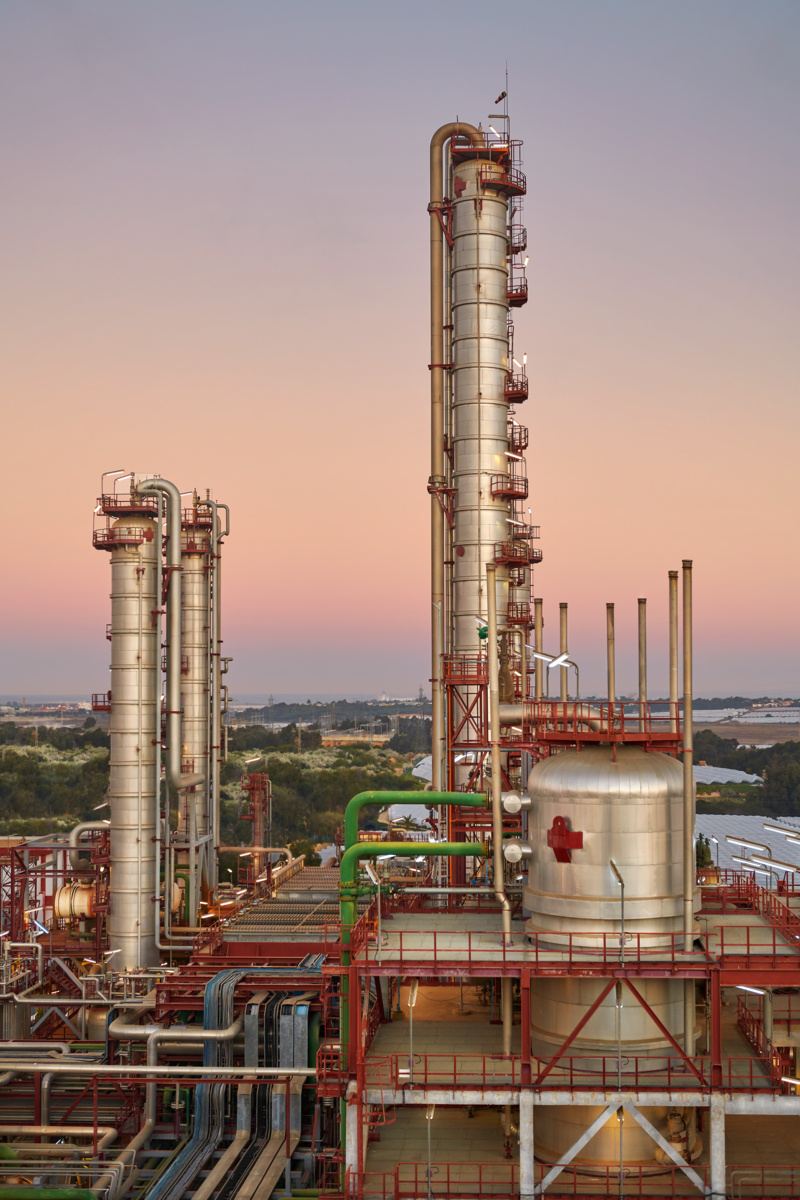
A transition story: from refineries to energy parks
Imagine a leap to the year 2050. The refineries, we know today, will have undergone a remarkable transformation to meet the challenges of achieving a net-zero future. Among the refineries in the process of their transformation is the Spanish energy company, Cepsa. Let's delve into their story of transitioning.
If we ask Luis Grande, Efficiency and Technical Development Manager at Cepsa, we’re heading towards a new era of refineries. Cepsa has even adopted a new term to describe their refineries that reflects the shift in their mindset and the changes they are implementing – energy parks.
Explore Cepsa’s journey to net zero
During our Topsoe seminar ‘Refineries of Tomorrow’, which took place in Copenhagen earlier this year, we asked Luis Grande to share more details on Cepsa’s remarkable journey and adaptations of their energy parks towards a net-zero future. Below, you can explore the details shared by Luis Grande himself.
The interview is conducted by Mikala Grubb, Senior Director, Commercial Excellence and Marketing in Topsoe.
Cepsa’s key initiatives
With an ambitious strategy of a 55 % reduction in CO2 emissions for scope 1 and scope 2, and a 15-20 % reduction in the carbon intensity index of energy products sold by 15 by 2030, Cepsa is demonstrating a strong commitment to decarbonizing their production processes and enabling their clients to move in a similar direction.
When Cepsa began their decarbonization journey, they started by seizing one of the low-hanging fruits: the introduction of co-processing of vegetable oils. They embarked on this initiative almost 14 years ago and it remains a key focus area for them today, as it enables the utilization of their existing assets with minor modifications. In addition, Cepsa is developing a new hydrotreated vegetable oil (HVO) plant which is 100% renewable.
Today, Cepsa is focusing on the production of green hydrogen and biofuels as these are key in their goal of accelerating decarbonization for their clients across different sectors. They’ve established plans for two green hydrogen production facilities with a combined electrolysis capacity of 2 GW. This will enable the production of 300,000 tonnes of green hydrogen a year. This further enables them to look into the production of green methanol and green ammonia for decarbonizing heavy industry and transportation such as shipping.
Looking ahead to 2030, Cepsa plans to continue implementing various changes to their energy parks aimed at reducing CO2 emissions, revamping existing units, and incorporating pyrolysis oil.

About Cepsa
Cepsa is a leading international company committed to sustainable mobility and energy with a solid technical experience after more than 90 years of activity. The company also has a world-leading chemicals business with increasingly sustainable operations.
Learn more by visiting www.cepsa.com
Share your thoughts
Comment on this post